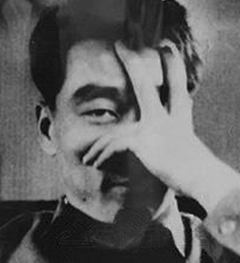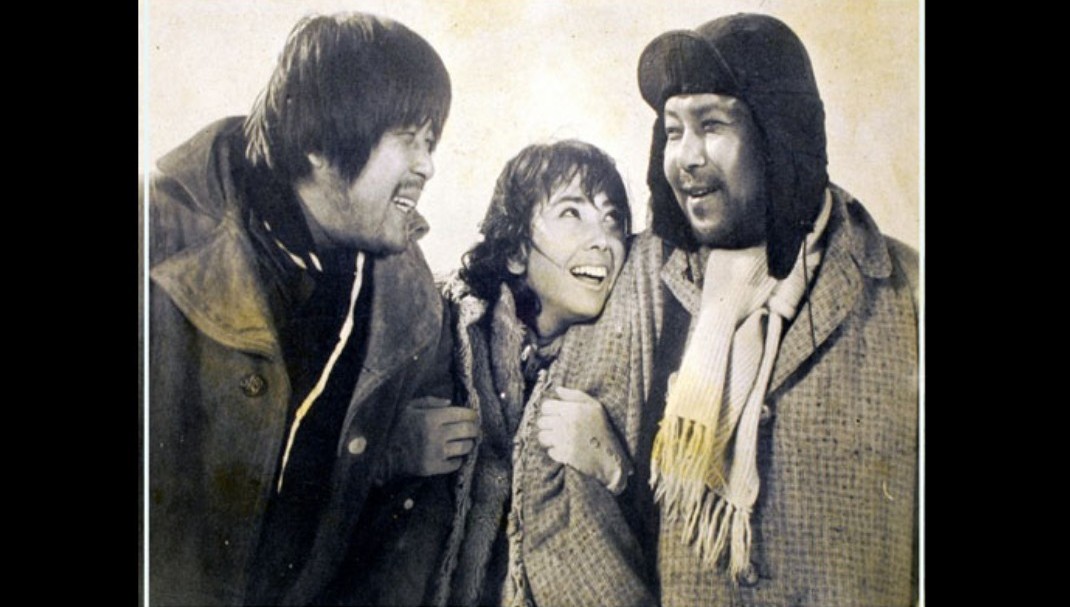페이지 정보
A Road to Sampo
|
작성자최고관리자 작성일23-07-07 조회578 |
|---|
본문
Korea | 1975 | 95min | 35mm | COLOR | Drama | Musical
Synopsis
Young-dal, a young laborer working at construction sites, meets Jeong, a middle-aged man returning to his hometown, Sampo, after a 10-year prison sentence. At a restaurant, they encounter Baek-hwa, a runaway bar hostess, and the three decide to travel together. For Jeong, this journey represents going home; for Young-dal, it means heading south to find work; and for Baek-hwa, it means heading to Mokpo without any clear purpose. As the trio embarks on their journey, they bicker at times but come to learn about each other and grow close. Young-dal spends a night with Baek-hwa after Jeong suggests that they try living together. Baek-hwa asks Young-dal to stay with her, but eventually, they all must part ways. Jeong finally returns to Sampo, only to find it unrecognizable. Adapted from Hwang Seok-young's 1975 novel of the same name, this film is the final work of director Lee Man-hee. As one of the most outstanding road movies in Korean cinema history, it depicts the protagonists' journey through life in a serene manner, enhanced by beautiful winter scenery. Particularly noteworthy is the traditional score by music director Choi Chang-kwon, which harmonizes perfectly with the characters’ emotions.
Director
-

- Lee Man-hee
- Born in Seoul in 1931, Lee Man-hee served in the Korean War before starting his career in film in 1956 as an assistant director under director Ahn Jong-hwa. He debuted as a director in 1961 with Jumadeung and gained attention with Dial 112 (1962). Lee achieved both popular and artistic success through a variety of films, including war and thriller genres like The Marine Who Never Came Back (1963) and The Soldier Without a Number (1964), and dramas like Manchu (1966) and By the Way (1967). On April 3, 1975, Lee collapsed in the editing room while working on The Road to Sampo and passed away on April 13, at the age of 45, after a ten-day battle with illness.



















































